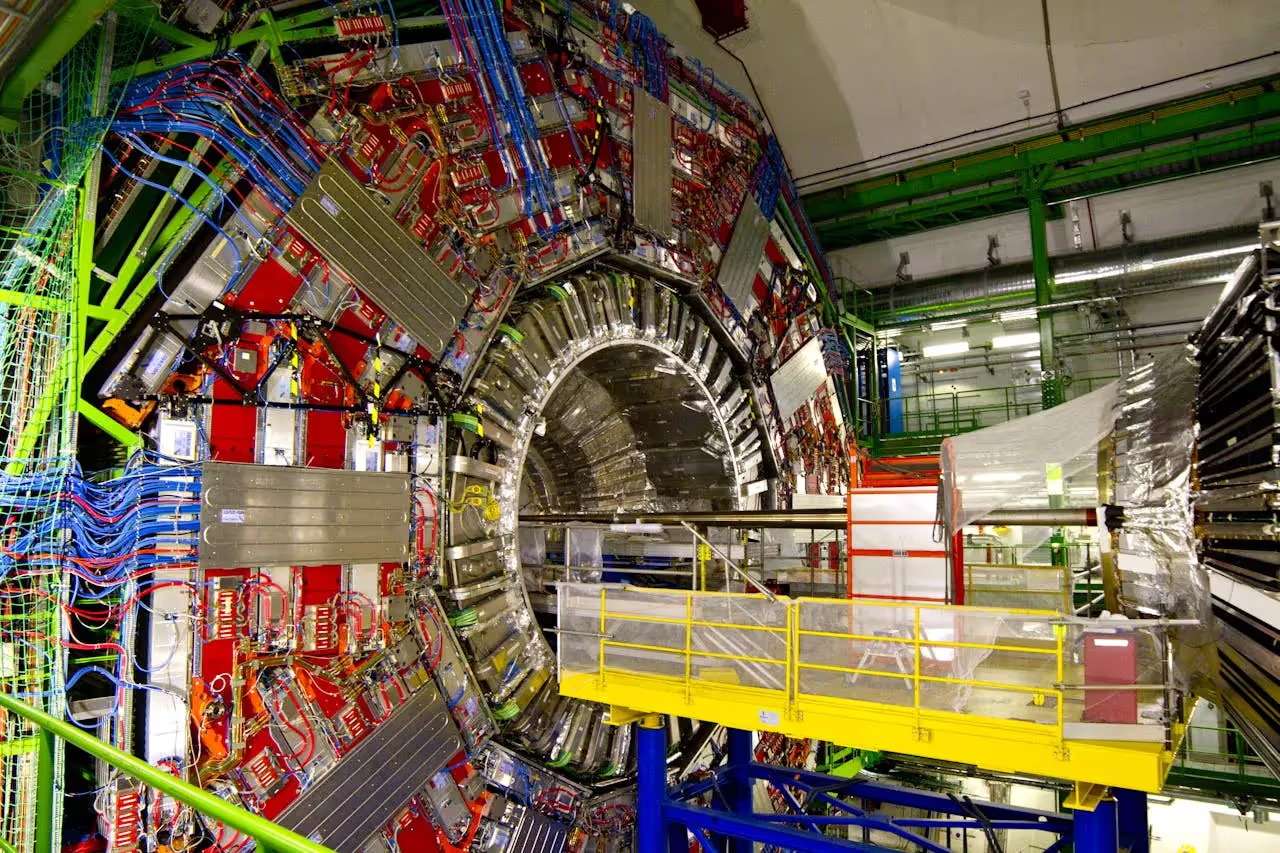Your Guide to Nuclear Engineer Salaries and Career Potential
If you're considering a future in the energy sector, becoming a nuclear engineer can be a promising path. This specialized career not only offers the chance to work on cutting-edge technologies but also provides a competitive salary and strong job prospects. Whether you’re a high school student contemplating college majors or an adult exploring a career shift, understanding the salary range and growth potential in this field can help you make an informed decision.
What Is the Average Salary for a Nuclear Engineer?
Nuclear engineering is one of the top-paying engineering disciplines. According to recent data from the U.S. Bureau of Labor Statistics (BLS), the median annual salary for nuclear engineers is approximately $121,000. However, your earnings can vary based on a range of factors such as education, experience, location, and industry sector.
Here’s a general breakdown:
- Entry-Level (0-2 years): $70,000–$85,000 annually
- Mid-Level (3-7 years): $95,000–$115,000 annually
- Senior-Level (8+ years): $120,000–$150,000+ annually
In the private sector, especially within energy production or defense, salaries may exceed these averages. Engineers working with the federal government or in research institutions may find comparable compensation, often paired with strong benefits and job stability.
Top-Paying Industries for Nuclear Engineers
Your career field can significantly impact how much you earn as a nuclear engineer. While salaries vary, some industries tend to pay more than others due to the expertise required and the critical nature of the work.
- Scientific Research and Development Services: Often the highest paying, with a strong focus on innovation and safety analysis.
- Electric Power Generation: Utilities pay well for experienced nuclear engineers who help manage reactor safety and efficiency.
- Federal Government: Offers stable employment with competitive pay, especially for those involved in national defense or regulatory roles.
- Engineering Services: Consulting and engineering firms offer varied projects and competitive compensation packages.
State-by-State Salary Variations
Where you work plays a big role in your annual income. States with high levels of nuclear facility operations or advanced energy research tend to offer higher salaries to nuclear engineers.
Top-paying states include:
- California: $130,000–$150,000 annually
- Virginia: $120,000–$140,000 annually
- South Carolina: $115,000–$135,000 annually
- Illinois: $110,000–$130,000 annually
These states also house several facilities responsible for nuclear power generation, government contracting, and research. Additionally, urban areas or regions with higher living costs often offer higher salaries to offset those expenses.
What Types of Nuclear Engineering Jobs Exist?
Nuclear engineering is a diverse field with several career paths that allow you to specialize in areas that match your interests and strengths. Common job roles include:
- Nuclear Power Reactor Operator
- Reactor Core Design Engineer
- Health and Safety Engineer
- Radiation Protection Specialist
- Nuclear Regulatory Analyst
- Fuel Cycle Analyst
Each of these roles may require different qualifications and offer various salary levels, so it's important to research your desired career track thoroughly.
What Education Do You Need to Become a Nuclear Engineer?
Typically, a bachelor's degree in nuclear engineering or a related field such as mechanical or electrical engineering is the minimum requirement. However, to move into higher-paying or specialized roles, you may need an advanced degree or additional certifications.
Common educational pathways include:
- Bachelor’s Degree: The starting point for most engineering careers
- Master’s Degree: Ideal for research roles and accelerated career development
- Ph.D.: Required for academic positions and high-level research
- Professional Engineer (PE) License: Recognized certification that can open up leadership and project-based roles
Practical experience through internships or co-op programs during college is highly recommended. Many employers look for graduates who have applied their skills in real-world settings.
Job Outlook for Nuclear Engineers
While traditional nuclear energy production has seen slow growth in recent years, the need for experts in this field remains strong. Emerging technologies, small modular reactors (SMRs), and increased attention to clean energy solutions are creating new employment opportunities for the next generation of nuclear engineers.
According to the BLS, the job growth rate for nuclear engineers is expected to remain stable in the coming decade. Factors influencing the outlook include:
- Retirement of Current Workforce: Creating room for new engineers to step in
- Focus on Sustainability & Clean Energy: Nuclear is seen as a key contributor to low-carbon energy goals
- Public and Private Sector Research: Demand for innovation in medical isotopes, nuclear propulsion, and reactor designs
While it may be a competitive field, especially for roles in government or R&D, the long-term prospects suggest steady demand and strong salary potential.
Is Nuclear Engineering the Right Career for You?
Pursuing a career in nuclear engineering requires a blend of technical aptitude, a strong foundation in mathematics and science, and a passion for problem-solving. If you're drawn to impactful work related to energy, healthcare, defense, or sustainability, this could be a rewarding path for you.
Consider these positive aspects of the profession:
- High Earning Potential
- Job Stability in Specialized Roles
- Opportunities for Advancement and Innovation
- Ability to Contribute to Global Energy Solutions
With the right education, dedication, and a clear plan, you can build a fulfilling and lucrative career in nuclear engineering that makes a meaningful difference in the world.
Final Thoughts: Investing in Your Future as a Nuclear Engineer
Choosing a career in nuclear engineering is more than a financial decision—it’s a commitment to shaping the future of energy and technology. With competitive salaries, strong educational pathways, and a variety of career options, this field stands out as a smart choice for driven individuals like you. If you’re ready to explore this career further, now is the perfect time to start planning your educational journey.
Stay focused, stay curious, and remember: your future is built one step at a time.










.svg)



